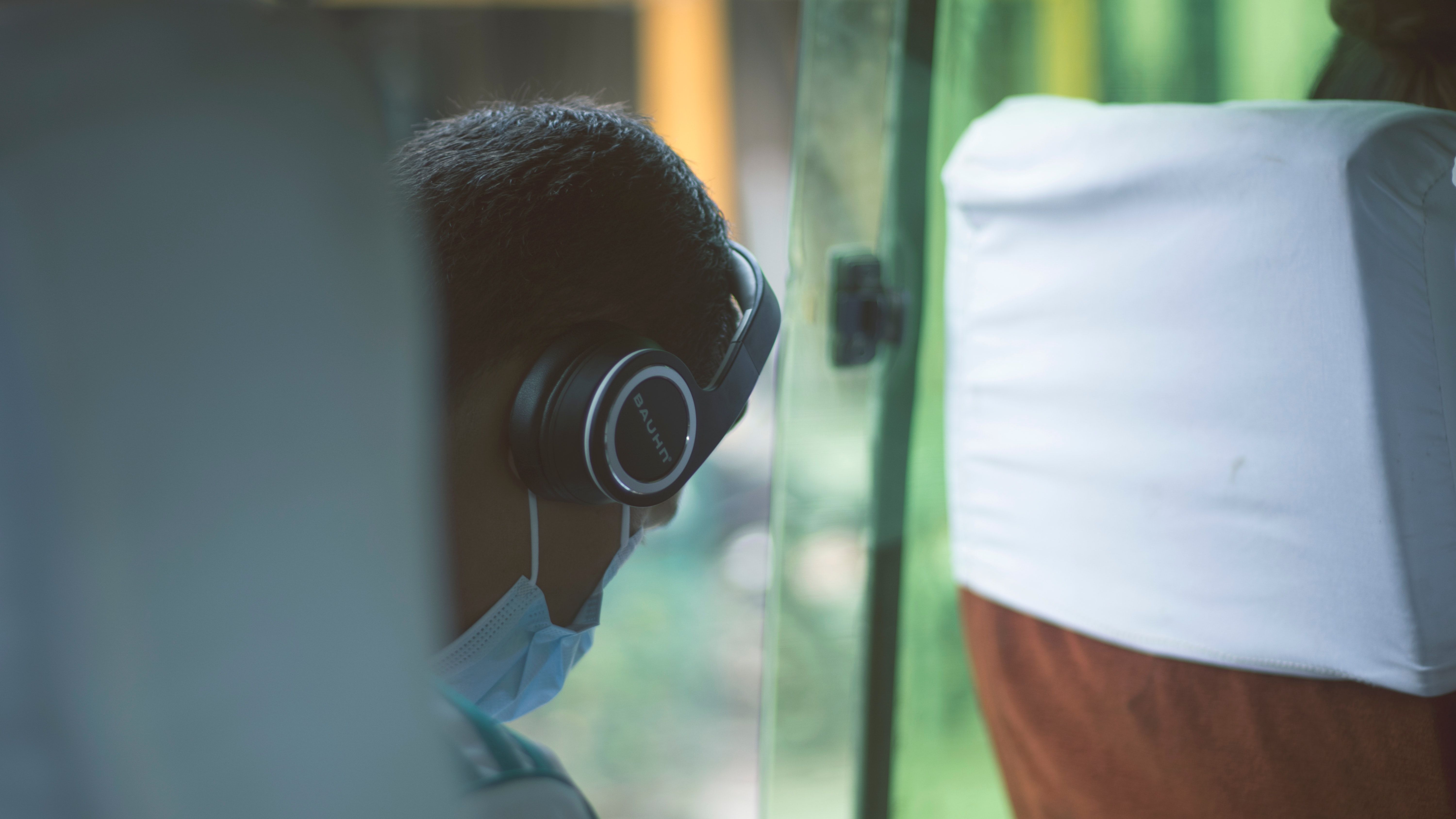Hepatitis B Flare Trends Identified for Bcr-Abl TKI Treatment
Treatment use was linked to an increase in hepatitis B flare among women, but not men.

The use of Bcr-Abl tyrosine kinase inhibitors (TKIs) for hepatitis B virus could lead to a reactivation of hepatitis B flares.
A team, led by Ling-Yi Wang, PhD, Epidemiology and Biostatistics Consulting Center, Department of Medical Research, Buddhist Tzu Chi General Hospital, examined the link between hepatitis B flare and exposure to Bcr-Abl TKIs compared to non-Bcr-Abl TKIs.
Background
“Drug-induced liver injury is an infrequent but challenging complication of drug therapy, and drug-induced hepatitis B virus (HBV) reactivation is particularly important in an HBV endemic area,” the authors wrote. “In patients who receive immunosuppressants, HBV reactivation is a well-recognized complication, especially among those who receive high-dose or long-term use of steroids, biologic drugs (rituximab), and chemotherapy.”
Small-molecule inhibitors that target Bcr-Abl tyrosine kinase, including Bcr-AbL TKIs such as imatinib, nilotinib, and dasatinib are considered the standard treatment of disorders like chronic myeloid leukemia (CML) and gastrointestinal stromal tumors (GISTSs), but are also believed to be associated with an increased risk of HBCV reactivation.
In addition, the US Food and Drug Administration (FDA) highlighted the potential risk of HBV reactivation associated with Bcr-Abl TKI treatment and required updated product labels.
The Study
In the nested case-control study, the researchers examined 698,342 patients who entered a hepatitis B carrier cohort in Taiwan after 2005, including patients who received their first antiviral agents for hepatitis B flare for more than 28 days after the cohort entry date.
Of the patient population, 66,702 patients had hepatitis B flares that required antiviral treatment, 47,492 of which were men. This subgroup had a mean age at index data of 50,2 years old.
For each case, the researchers formed a corresponding risk set that included all eligible patients in the cohort who had the same age within 1 year, same sex, and were at risk of developing hepatitis B flare at the case date.
The investigators then randomly selected as many as 10 control patients from the risk set for each case patient. They also evaluated TKIs before the hepatitis B flare for case patients and before the corresponding index date for control patients.
The researchers sought main outcomes of the rate ratio for the association between hepatitis B flare and exposure to Bcr-Abl TKIs compared with non-Bcr-Abl TKIs using conditional logistic regression.
Results
Bcr-Abl TKI use during the previous 90 days was independently associated with a 56% higher risk of hepatitis B flare (aRR, 1.56; 95% CI, 1.11-2.20). The aRR increased to 1.66 (95% CI, 1.20-2.28) for Bcr-Abl TKI use during the previous 365 days.
The use of Bcr-AbL TKIs during the previous 60 days was linked to a significantly increased risk of flare among women (aRR, 3.20; 95% CI, 1.70-6.03), but not among men (aRR, 1.14; 95% CI, 0.72-1.81).
“These findings suggest that sex-specific strategies may be needed to monitor for hepatitis B reactivation among patients receiving Bcr-Abl TKIs,” the authors wrote.
The study, “Association of Bcr-Abl Tyrosine Kinase Inhibitors With Hepatitis B Virus Reactivation Requiring Antiviral Treatment in Taiwan,” was published online in JAMA Network Open.